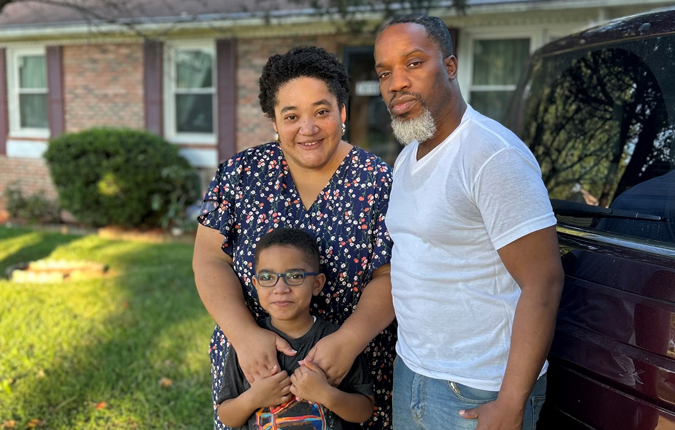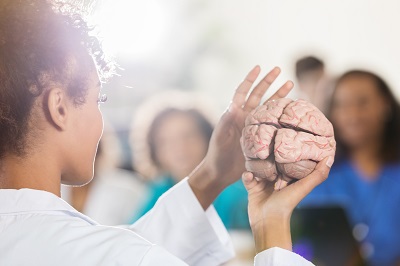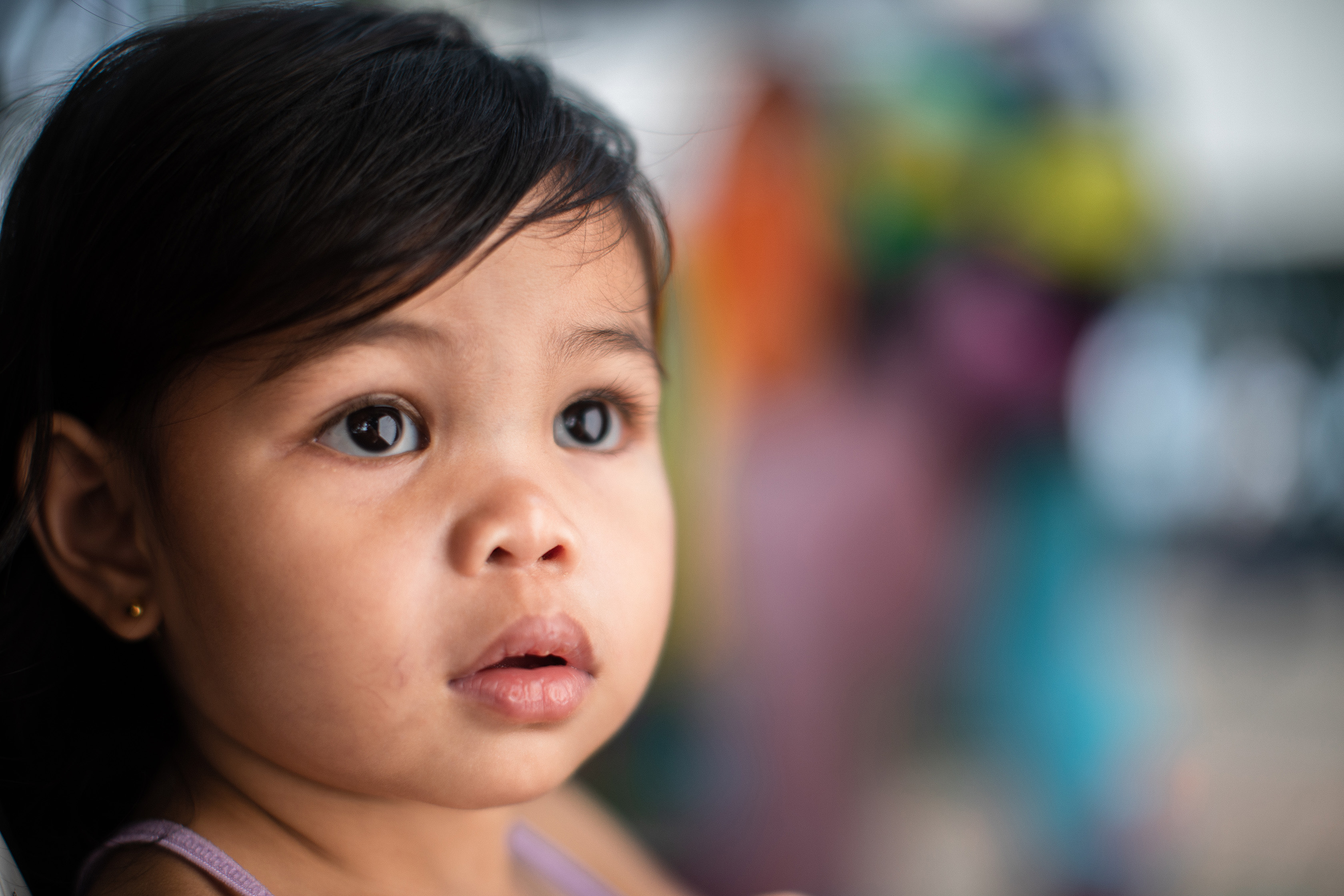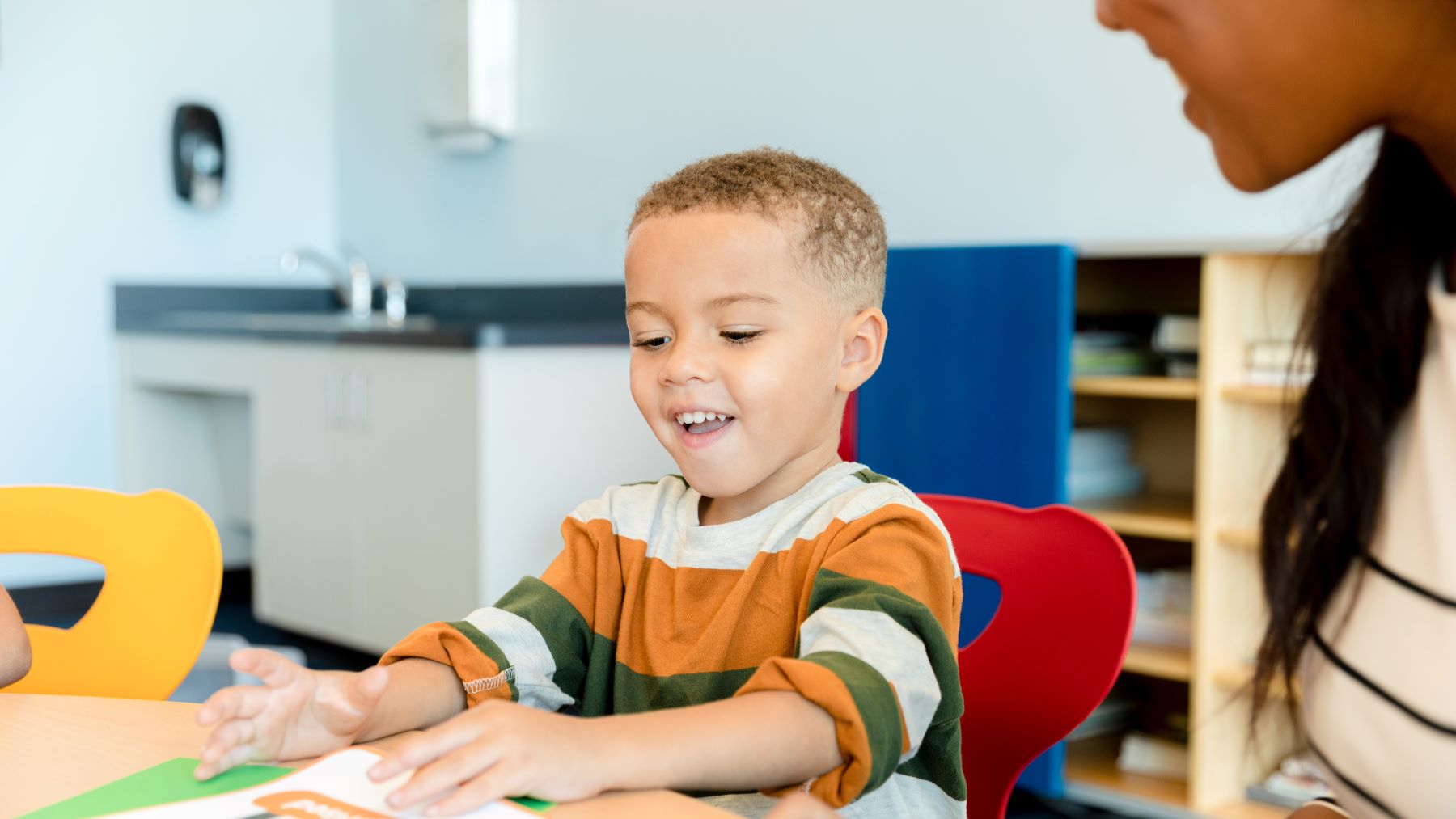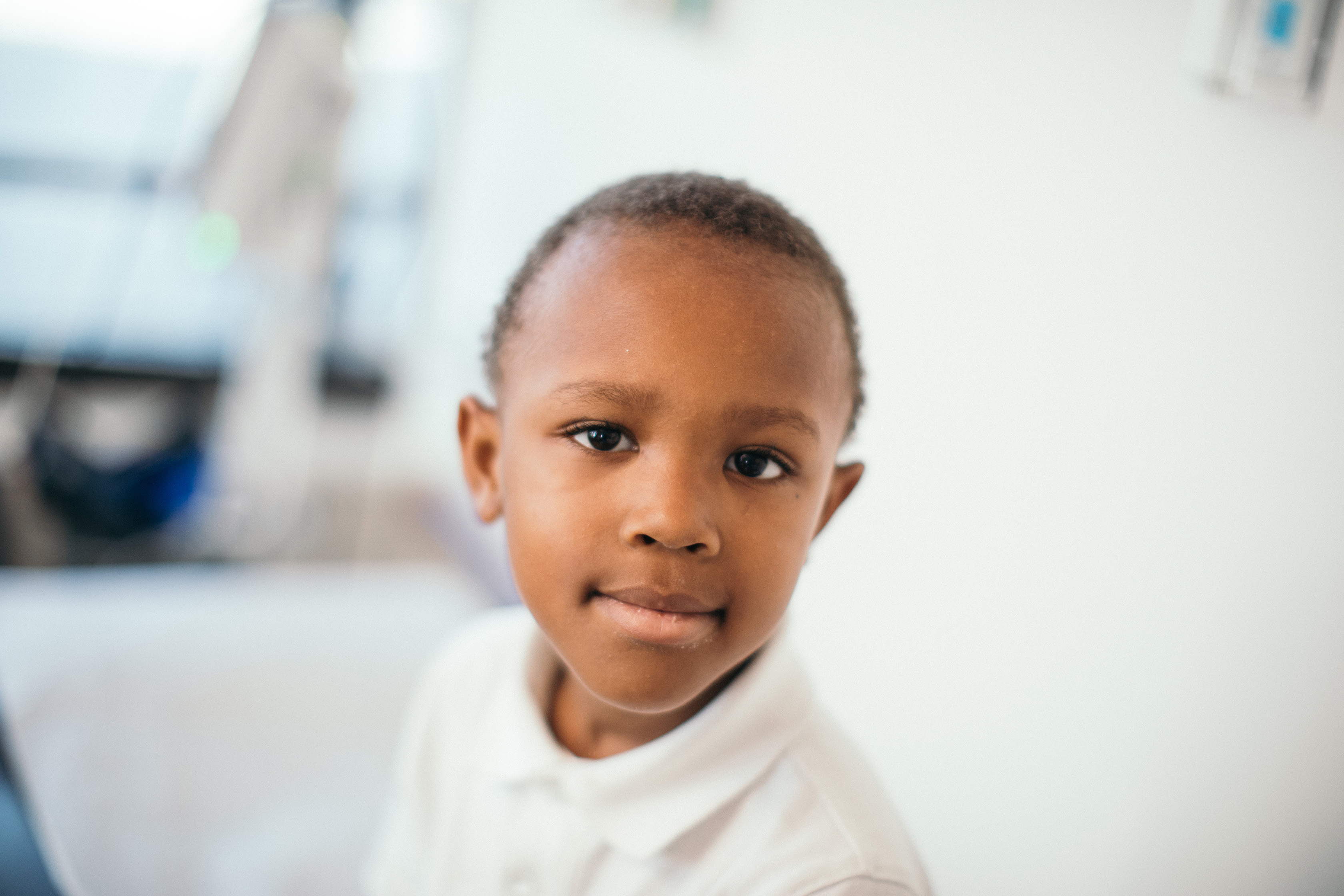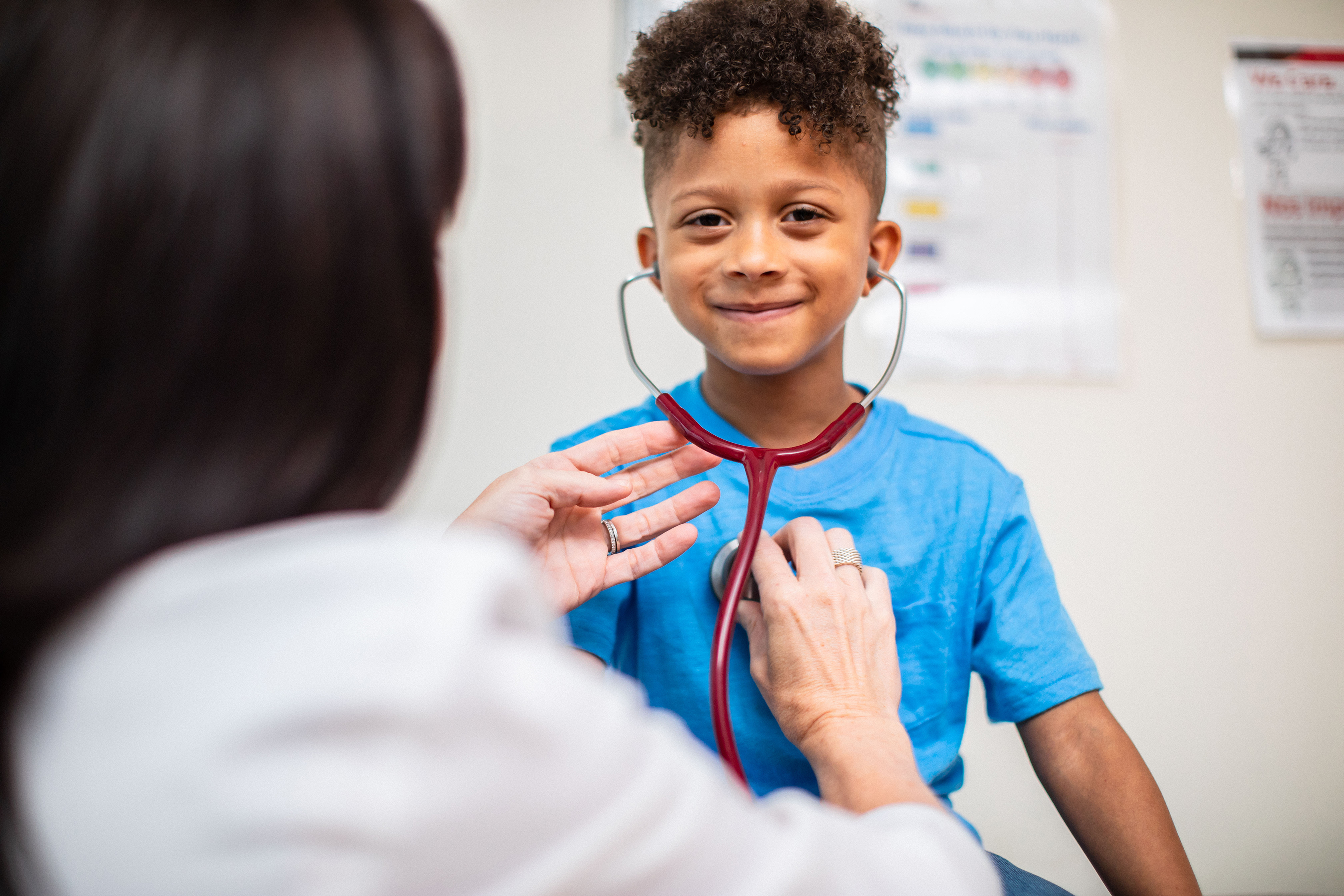Condition
Pediatric Attention-Deficit / Hyperactivity Disorder (ADHD)
What You Need to Know
ADHD is a neurodevelopmental disorder that makes it difficult to pay attention, keep still and think before acting.
Key Symptoms
Each child with ADHD may have different symptoms. The most common symptoms are:
- Inattention
- Impulsivity
- Hyperactivity
Diagnosis
A pediatrician, child psychiatrist or a mental health expert may diagnose ADHD by:
- Talking to parents and teachers
- Watching the child
- Conduct physical, nervous system and mental health tests
Treatment
Treatment for ADHD may include:
- Psychostimulant medicines
- Non-stimulant medicines
- Behavior management training for parents
Schedule an Appointment
Our pediatric specialists provide personalized care for your child’s physical, mental and emotional health needs. Meet our providers and schedule an appointment today.
Frequently Asked Questions
What is ADHD in children?
What causes attention-deficit/hyperactivity disorder?
Which children are at risk for ADHD?
What are the symptoms of attention-deficit/hyperactivity disorder in children?
How is attention-deficit/hyperactivity disorder diagnosed in a child?
How is ADHD treated in children?
How can I help prevent ADHD in my child?
How can I help my child live with ADHD?
Meet the Providers Who Treat ADHD
Departments that Treat Attention-Deficit / Hyperactivity Disorder (ADHD)

ADHD & Learning Differences Program
We offer youth and families a comprehensive range of clinical services, including evidence-based assessment and treatment services. Families, communities and schools can also access state-of-the-art investigational interventions being developed for youth and adolescents with ADHD and learning differences by participating in one of our ongoing research studies.

ADHD Resources for Families
Learn more about how to cope with ADHD from Rise and Shine, the Children's National parenting blog written by pediatric experts.

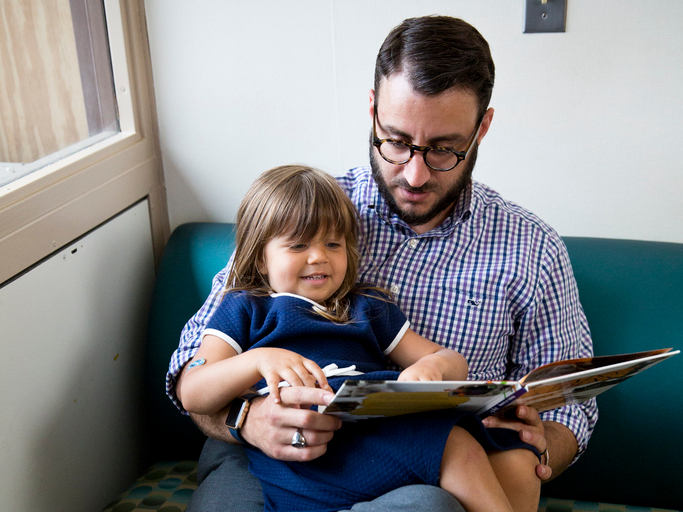
Enroll in the Treating Parents with ADHD and their Children Study
If you are a caregiver with attention deficit hyperactivity disorder (ADHD) and your child has ADHD symptoms, you may be eligible for this research study. Learn more about potential benefits of this study.


Help Kids and Make a Difference
Invest in future cures to help children have brighter futures.







